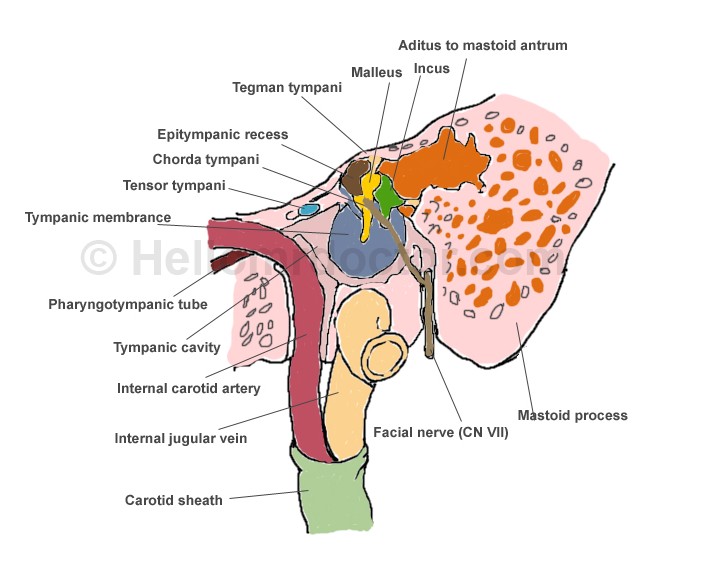
chorda [kôr′də] n. pl. chor•dae (-dē′)
- A tendon.
- A tendinous or cordlike structure.
Examples from the Web for chorda Historical Examples of chorda
In 1829 Baer discovered the human egg, and later the chorda dorsalis.
Ernst Haeckel
Myriotrichia is a genus of small parasitical plants, the two British species of which grow chiefly on the sea thongs (Chorda).
Peter Gray
A small form is often found parasitic on Chorda filum, spreading out horizontally like the hairs of a bottle brush.
Peter Gray
The chorda tympani and middle ear as guides to origin and development of reptiles.
The Adductor Muscles of the Jaw In Some Primitive Reptiles
Richard C. Fox
A very small species (L. pusillus) with tufted green fronds grows parasitic on the fronds of Chorda and the stems of Laminaria.
William S. Furneaux
 Liberal Dictionary English Dictionary
Liberal Dictionary English Dictionary